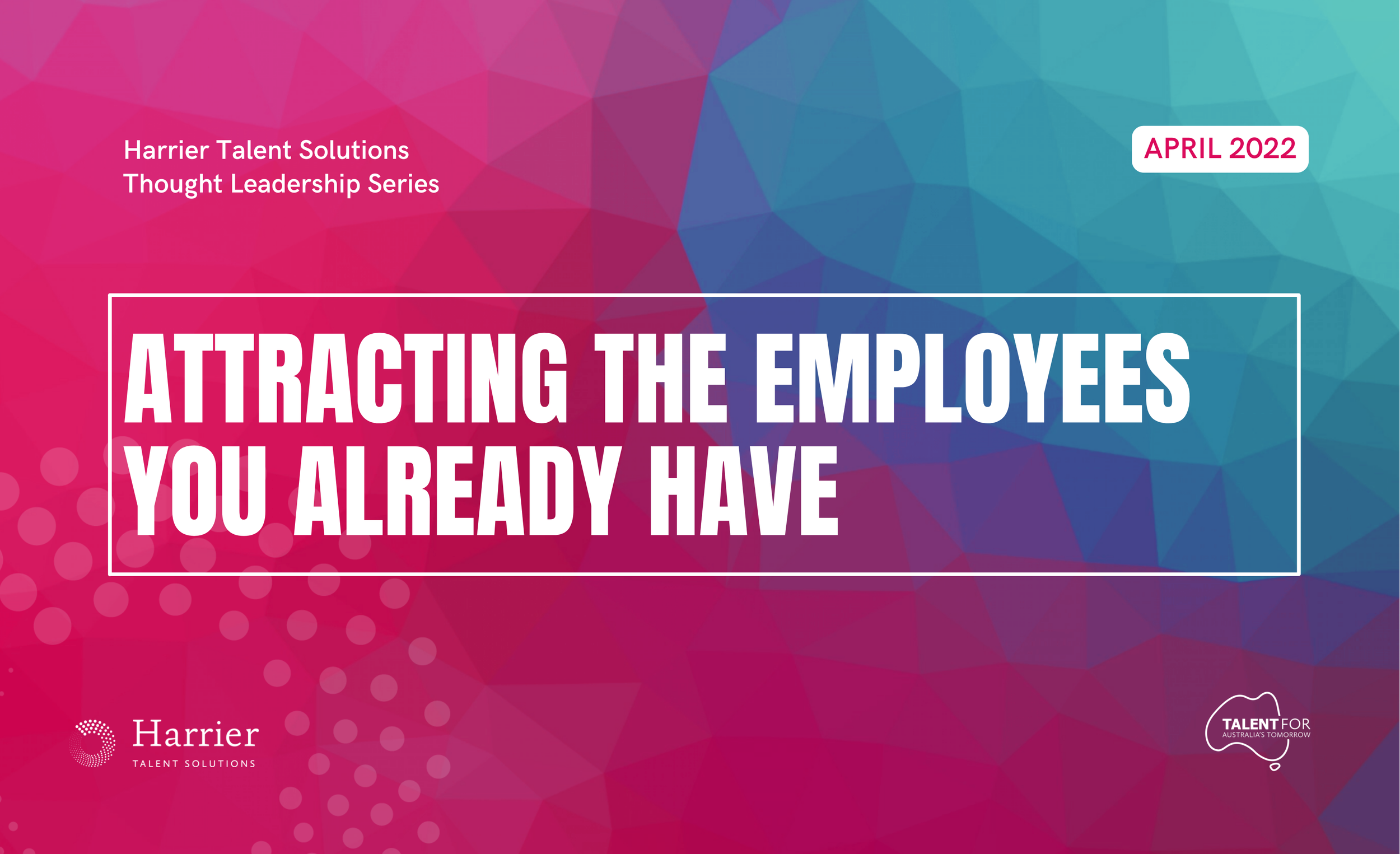Team Future: The case for investing in graduates
During times of economic uncertainty, as business leaders steady their ships with cost reduction strategies, investment in people declines. While scaling back on recruitment, training, and development activities is usually a short-term measure, the impact of those decisions will be felt for years: shock waves of talent deficits that we should be prepared for, but often are not
The 2008 global financial crisis gave us a stern lesson in talent deficits. At that time, many employers cut investment in future graduate programs, others were forced to rescind job offers already made to graduates - leaving their confidence shattered and dreams in tatters.
It took six years for the graduate job market to show signs of recovery. We often hear the term “war for talent” and the truth is that, when it comes to mid-career talent in Australia, the fight is most definitely of our own making. In 2008 we burned our bridges and 10 years later we had no experienced engineers to rebuild them.
In 2020 the cost-cutting sword fell particularly fast. After a brief flirtation with denial, we suffered significant salary reductions, large-scale furloughs, and sweeping redundancies as businesses faced the grim realisation that this was more than ‘just a common virus’. For our students and graduates, many of whom have been forced to complete their studies online and miss important exams, 2021 now offers an uncertain future.
While some of our largest graduate employers remain committed to their graduate programs, several have pushed back start dates for 2021, and others have dramatically reduced planned intakes. It’s not hard to understand why. In addition to cost pressure, it’s hard to reconcile making sweeping redundancies one month, and hiring new entry-level talent the next. As talent leaders, we understand the need to continue investing in early career talent but need to find ways to navigate the next few months and reach a workable solution. So, how do we build Team Future?
Re-Thinking Value
We often think about graduates as an ‘investment’ and, recently, a risky one at that. We court them, hire them, and spend years training them before they start to add real value to our business, and then… they up and leave! Some pursue pastures new, others are poached, and a growing number are choosing to start their own ventures or join the gig economy.
But is it really true that graduates are a risky investment or don’t add immediate value? I’d argue there is a distinct lack of imagination and a desperate need to re-think the concept of value when it comes to graduates and other early-career hires. Rather than thinking about the training and support we invest in graduates, we could start thinking about how our graduates can train and support us.
Most organisations are, to some degree, preparing for the Future of Work and the need to predict and rapidly acquire new skills, and re-skill workers at risk of being displaced. Many are also dealing with an ageing workforce and, as those workers reach retirement, a huge loss of experience and IP. If we start to think creatively, tech-savvy and highly skilled graduates suddenly have a lot to offer in helping transform businesses by not just acquiring knowledge, but by sharing it.
Here are three ideas to get you started:
-
Integrate your early careers and retirement transition programs
It could be as simple as buddying up graduates and trainees with long-term employees who are transitioning to retirement, a great way to transfer knowledge and also hugely beneficial from a social perspective.
-
Take a fresh approach to graduate rotations
Rather than sticking with your traditional graduate rotations, try mixing it up and having your graduates design and manage an internal training program for your leaders. A way for them to share contemporary theories and approaches, or showcase new technologies. More than just a learning opportunity for your team, this is a great way to give your new hires responsibility, build teamwork skills, and help them develop relationships with key people from across your business.
-
Create your own start-up hub
If you are losing your best and brightest candidates and graduates to Australia’s thriving start-up community, maybe it’s time to take action. Speak with your leader or CEO about setting up a start-up hub where graduates have the opportunity to pitch product and service ideas to members of your leadership team and secure investment (think Dragon’s Den).
This is a great strategy to engage graduates. You will be more successful in attracting big thinkers and entrepreneurs, and, you may just find your next product or business and a motivated CEO to run it.
These are just examples. There are many, many ways to rethink how graduates can add value, and do so in a way that benefits both parties - and often for very little cost. You are limited only by your own imagination.
Team Future is out there. Make it yours.
Harrier Talent Solutions has been designing, delivering, and optimising graduate and early careers programs for customers across Australia for more than a decade.
If you would like to speak to one of our graduate talent consultants about how to re-think your graduate or early careers strategies or find out more about how Harrier can support program design and delivery, please fill out the form provided.
We look forward to helping you!
GET STARTED

%20(1180%20%C3%97%20720px).png)
%20(1180%20%C3%97%20720px).png)







